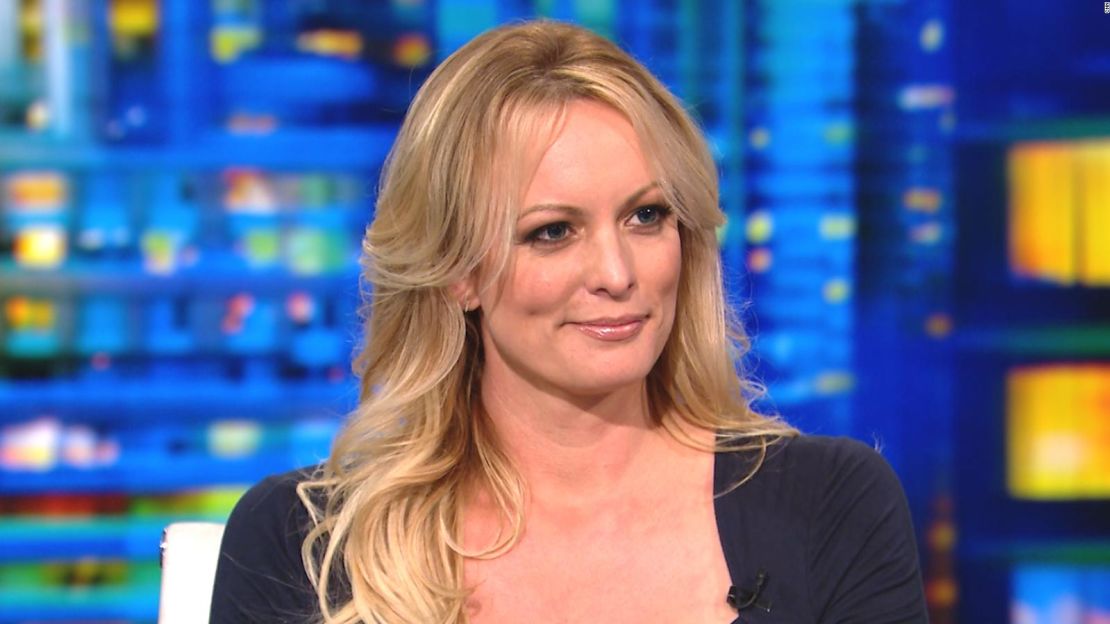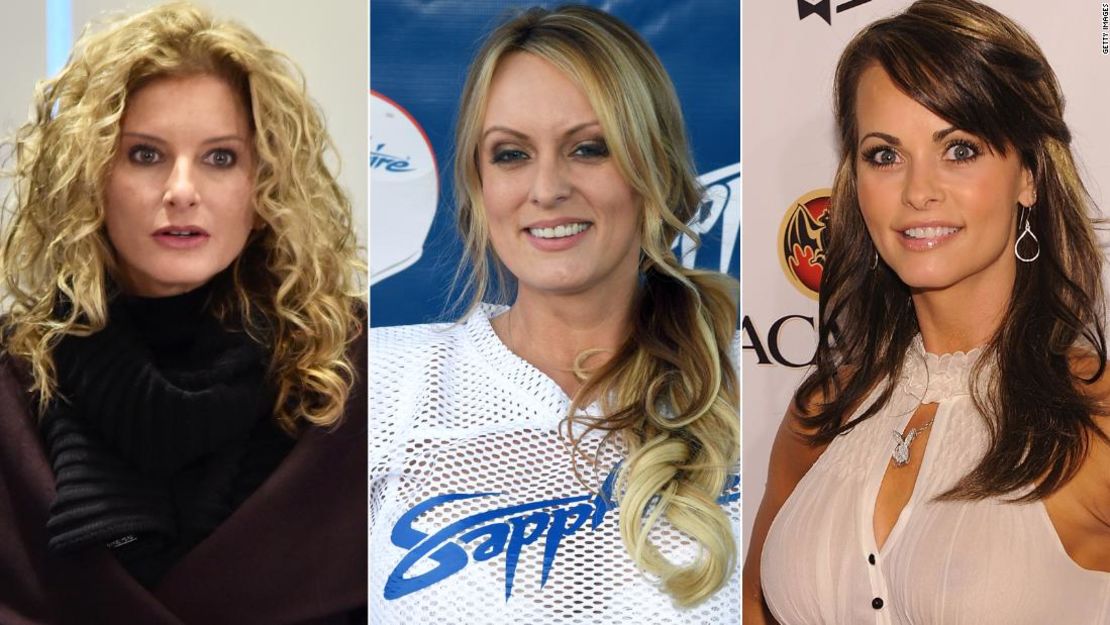() – President-elect Donald Trump will be sentenced this Friday after being found guilty last year of 34 counts of commercial fraud related to paying money to Stormy Daniels to silence her during the 2016 presidential campaign. Trump appears virtually from Mar- a-Lago.
The trial was historic: no former president of the United States has ever faced criminal proceedings.
It was also lewd: The alleged lovers are a former adult film actress and a Playboy model.
Trump has worked—successfully—to delay the hearing that was originally set for July, and urged the U.S. Supreme Court to pause its ruling in the case, a highly unusual request based in part on the U.S. court’s decision. last year to grant him broad immunity from criminal prosecution. On Thursday, the high court rejected an emergency request by Trump to delay sentencing.
Friday’s sentencing hearing comes as Trump prepares for his second term in office and his Cabinet nominees push for Senate support ahead of the first round of confirmation hearings next week.
Here’s what you should know about the trial:
Two women who said they had affairs with Trump years before he ran for president received six-figure sums in the months before the 2016 election.
The first woman, Karen McDougal, a Playboy model, received $150,000 from the National Enquirer’s parent company, American Media Inc. (AMI), for the rights to her story. AMI quickly dismissed the story. It is a process known as “catch and kill.”
AMI also paid to “catch and kill” a former Trump Tower janitor’s story alleging that Trump had an unacknowledged son, but that allegation has never been corroborated by any reports. Trump’s friend David Pecker, who was then CEO of AMI, was the one who approved the payments.
The second woman, who was born Stephanie Clifford but built a career in the adult film industry as Stormy Daniels, received $130,000 from Trump’s former fixer, Michael Cohen, in exchange for signing a non-disclosure agreement about her meetings with Trump. Cohen took out a line of credit on his home to make the payment just before the election.

Trump’s campaign was particularly concerned about allegations of sexual misconduct in the final days of the 2016 election, when the “Access Hollywood” tape, in which Trump described grabbing women by the genitals, dominated the news. news coverage.
After the election, Trump’s company refunded Cohen for the payment to Daniels.
In fact, The Wall Street Journal reported on AMI’s “catch and kill” plot and said Daniels had been in talks to share her story days before the 2016 election. McDougal and Daniels shared the same attorney.
But things didn’t really explode until January 2018, when The Journal reported on payments Cohen made to Daniels.

Yes. Cohen and AMI have admitted that they violated the laws.
Cohen pleaded guilty to two counts of campaign finance in August 2018: making an illegal campaign contribution for his role in orchestrating the AMI payment to McDougal, and making an excessive campaign contribution for the payment to Daniels.
AMI, now known as a360media, was not the subject of a formal criminal charge by federal authorities, but admitted to making the payment to McDougal. The company paid a fine of $187,500 to the Federal Election Commission for making an illegal campaign contribution.
Cohen recorded at least one conversation with Trump that appears to be about the payment to Daniels in which they are heard discussing whether to make the payment in cash.
Cohen also testified before the grand jury that indicted Trump. In 2018, Trump initially denied knowledge of the payments but later admitted in a carefully worded Twitter post that he made them to Cohen. Trump argued that they had nothing to do with the campaign.
Editor’s note: This article was originally published in April 2024 and subsequently updated with further developments.















Add Comment